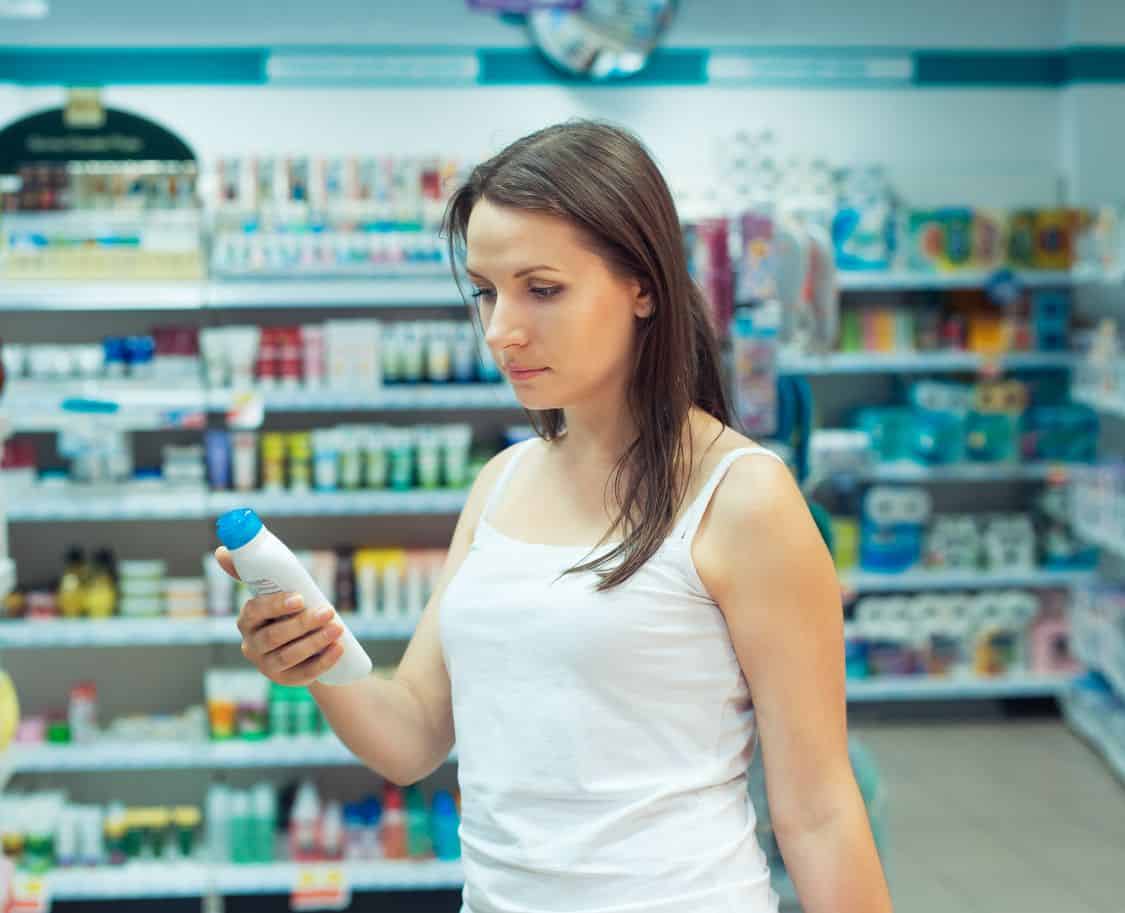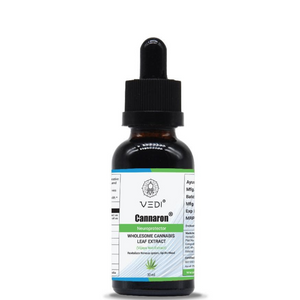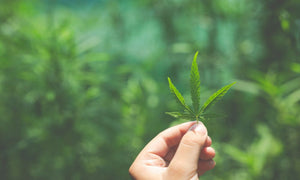Toxic Truth about Commercial Beauty Products

Headaches, hair problems, acne, skin allergies, eye infections, premature ageing, hormonal imbalance, cancer. The number of these complaints in the modern day has increased by many folds. We blame it to bad lifestyle, poor food habits and lack of exercise. However, we often ignore that the culprit can also be something so unsuspecting that we use it on a day-to-day basis, for years together and has probably become our second skin. Those are the cosmetics and beauty products that we use. According to a study published in August 2017, the number of adverse health cases reported to US FDA due to cosmetic and personal care products has increased by 300% in 2016 in just one year. And these are just the small number of cases that are reported, a large number of such events easily go unnoticed. Believe it or not, cosmetics, especially the commercially manufactured ones and meant to last on the shelves for years can be the culprit for a number of health issues that we face. The cosmetic industry is experiencing a big boom, and one would think that manufacturers of big brands would be very careful and use safe ingredients. Sadly, they don’t! This is one industry that doesn't have many stringent laws in place. Worldwide, manufacturers of beauty products make numerous tall and false claims, luring customers to use these potentially harmful products. Harmful chemicals have become a part of almost 90% of commercially produced beauty products. Research says that an average woman uses a minimum of 12 beauty products in a day which could contain staggering 168 different chemicals. It is time to face the truth! These products are visually very appealing but extremely harmful, not only to the skin but also for our body when it gets absorbed.
Listed are some of the chemicals used in commercial beauty care products:
1. Benzophenone:
It is commonly used in lip products. Benzophenone prevents the alteration of scent and color of beauty products when they are exposed to ultraviolet rays. Exposure to benzophenone can cause skin irritation and the vapors trigger reactions like sneezing and shortness of breath.
2. Parabens:
It is the most common additive found in all skin care products, shampoos, and deodorants. Parabens are used as a preservative. Parabens have a tendency to mimic hormones which can disrupt the function of hormones naturally found in our bodies. Use of Parabens also increases the risk of breast cancer, skin cancer, developmental and reproductive disorders.
3. Triclosan:
Commonly used in soaps, deodorants, dental care, cosmetics like mascaras, cleansing milk, body lotions and many more. Triclosan is a pesticide with antibacterial and antifungal properties. Studies show that Triclosan in low doses can impact thyroid hormone concentrations, disrupting the endocrine system. It is also classified as a skin, lung and eye irritant.
4. 1,4 Dioxane:
It is a contaminant found products that create suds like shampoos, bubble bath, bar and liquid soaps. 1,4-dioxane forms as a byproduct of the manufacturing process of certain cosmetic ingredients. It is highly carcinogenic. Pregnant women, infants, and teenagers are the most vulnerable population to this highly hazardous chemical.
5. Sodium Lauryl Sulfate (SLS):
Widely known as SLS this inexpensive chemical is widely used in products such as shampoos, mouthwash, soap bars, liquid soaps etc. SLS is a detergent and surfactant which essentially means that it breaks surface tension and separates molecules in order to allow better interaction between the product and our body. The chemical is carcinogenic and can cause skin irritation. These are the most common chemicals found in cosmetic products. The deceptive marketing techniques that manufacturers use only talks about how the product will solve problems or make you look better. This misleads the consumer who trust the brand name and use the products. Nevertheless, the truth is that the commercially manufactured beauty products are extremely toxic and harmful to our skin and system.
So how do you safeguard yourselves from these chemicals?
Read the ingredients listed in the product carefully. Research and look for brand that use 100% chemical free, organic, paraben-free and non-toxic ingredients. Look for brands that sources ingredients from fair trade suppliers to protect people and Earth. The ancient adage “Beauty comes from within” is very apt even in the modern age. Target holistic wellness with Ayurveda products rather than cosmetic and external beauty. Our recommendation would be don’t be fooled by the advertisements and marketing hooligans, do your research and make an informed choice.







